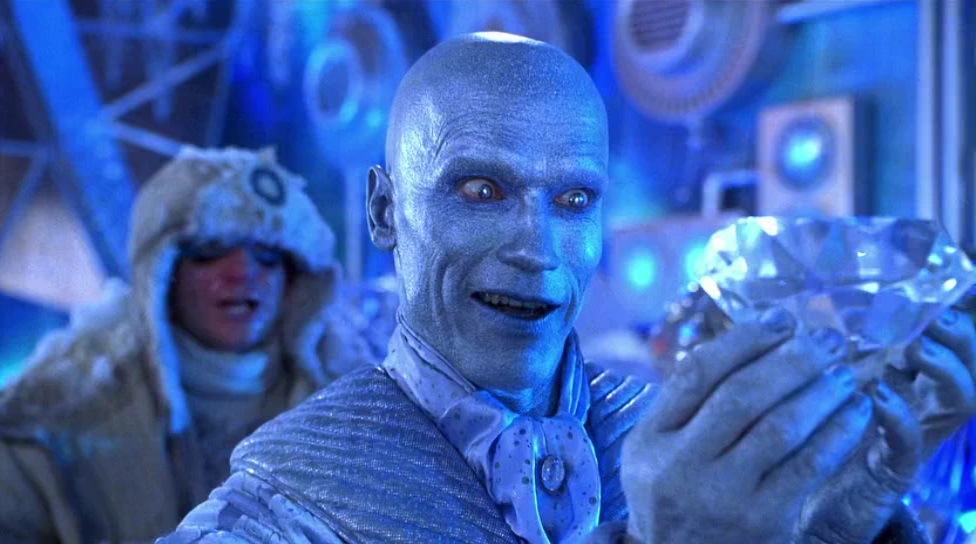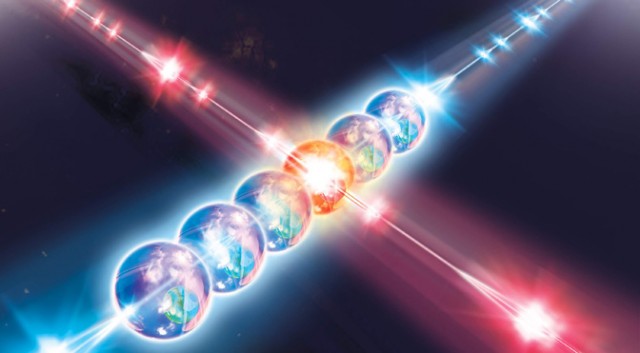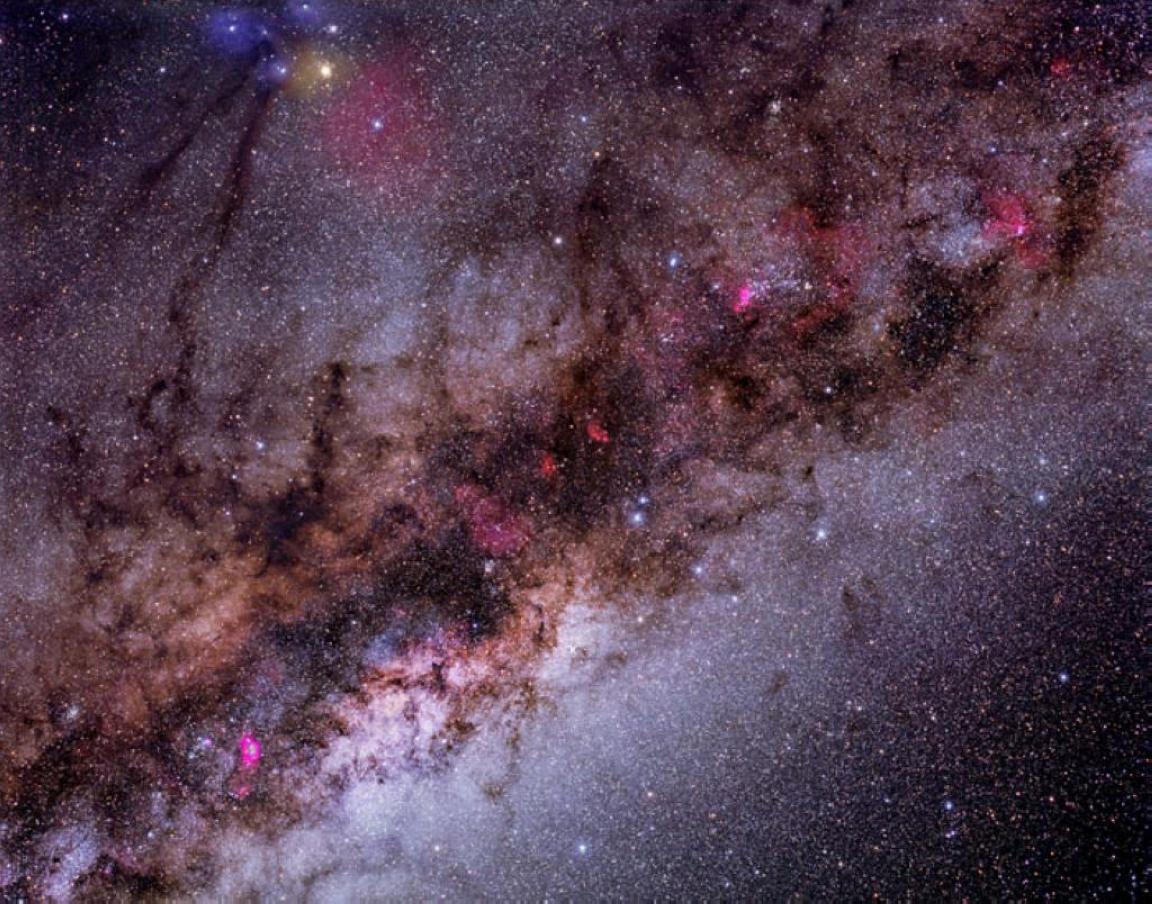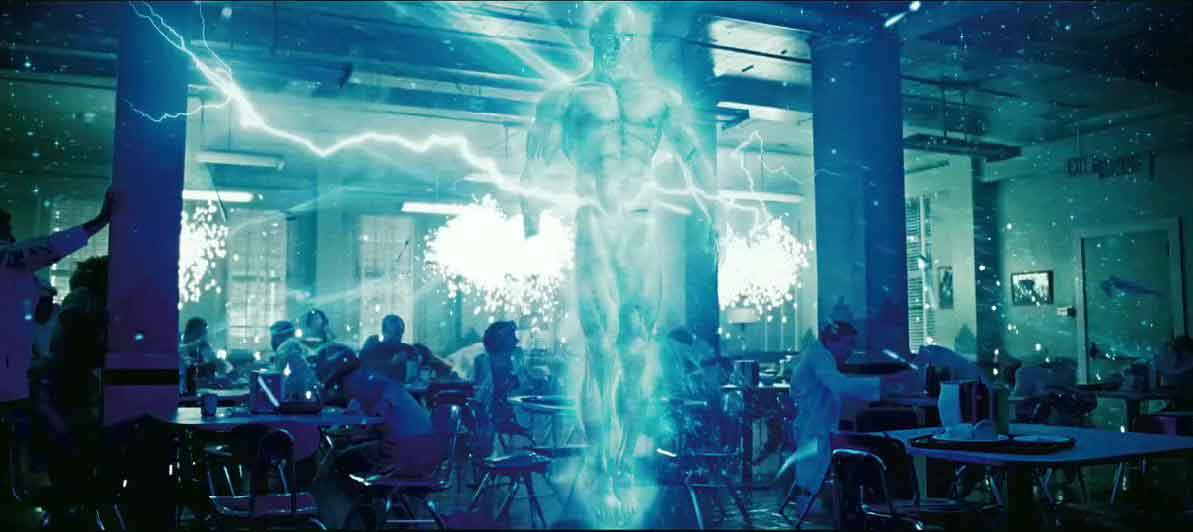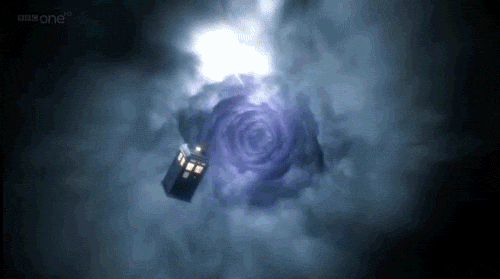
Once dismissed as a crank 30 years ago — this apparently happens to theorists of time often — an MIT professor finds his quantum theory of time gaining adherents. “Energy disperses and objects equilibrate…because of the way elementary particles become intertwined when they interact — a strange effect called ‘quantum entanglement.’…’What’s really going on is things are becoming more correlated with each other,’ Lloyd recalls realizing. ‘The arrow of time is an arrow of increasing correlations.'”

